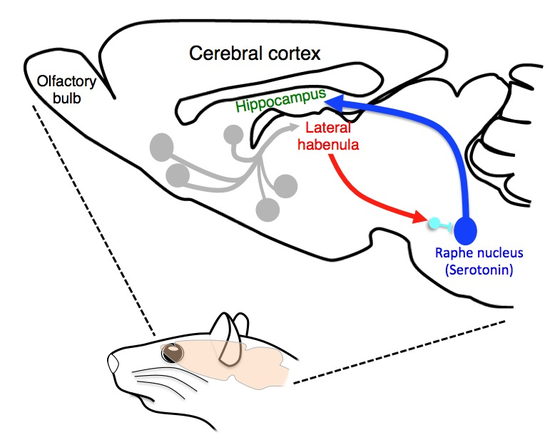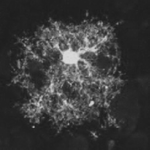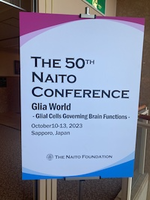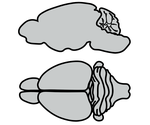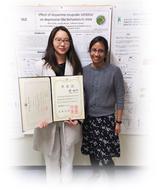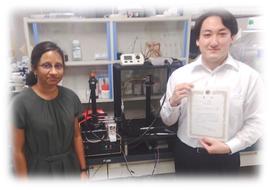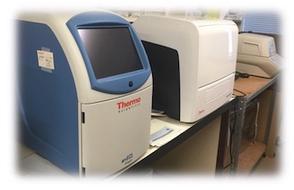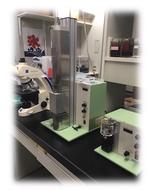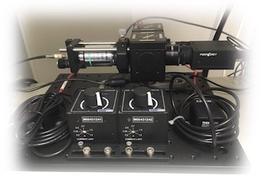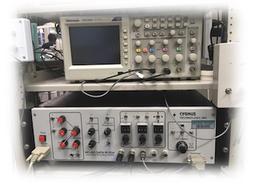Recent News
[2025-10-05] A collaborative work for RNA sequencing analysis of the heart thrombus was published. [Link]
[2025-10-01] We welcomed four international students from China (Wu-san, Qian-san, Wang-san, Xu-san).
[2025-09-25] Drs. Parastoo Hashemi and Pablo Prieto from Imperial College London gave a seminar “Voltammetry as a translation tool for neuroscience”. [Link]
[2025-07-31] An undergraduate student Saeki-san won the grand prize in presentation for practices of medical research. Congratulations!
[2025-04-02] A study in collaboration with Hashimoto lab was published in Journal of Physiology. [Link]
Our interests
Pathology underlying the mental and neurological disorders revealed by molecular analyses
Novel microscopes and devices for structural and functional analyses of the brain
We welcome the graduate students and research collaboration all over the world
Hidenori Aizawa
Professor
Department of Neurobiology, Graduate School of Biomedical and Health Sciences, Hiroshima University
Principal investigator
Dr. Aizawa is the Professor of the Department of Neurobiology, Graduate School of Biomedical and Health Sciences, Hiroshima University. After training as a psychiatrist, Dr. Aizawa completed his Ph.D in Neuroanatomy at Chiba University. He joined Hitoshi Okamoto’s lab in RIKEN Brain Science Institute as a research scientist as well as deputy lab head and found evolutionarily conserved habenular pathways in vertebrate brain. He moved to the study on a role of the habenula in depression at Tokyo Medical and Dental University and Hiroshima University. His research interests include the molecular machinery underlying the pathophysiology of psychiatric and neurologic disorders.
We usually hold the weekly meeting on Friday for the journal club and progress report. In addition, neuroscience textbook is also dsicussed to help the beginners to learn the basics periodically, which we call neuroscience club.
If you are interested in joining our lab or collaborative project, please feel free to contact us via [Contact].
- Mental disorders
- Molecular biology
- Neurophysiology
-
PhD in Medicine, 2003
Chiba University
-
MD, 1998
Yamagata University
Research
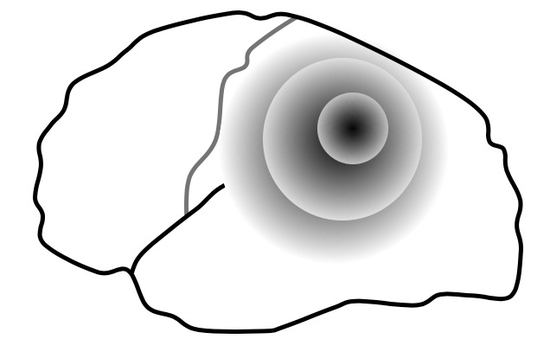
Spreading Depolarization Project
What happens when you meet brain injury? Spreading killer waves of neural excitation is under investigation.
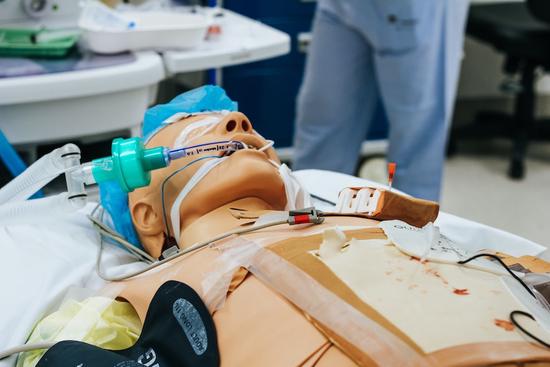
Sepsis Project
How do we save our brain from systemic inflammation?
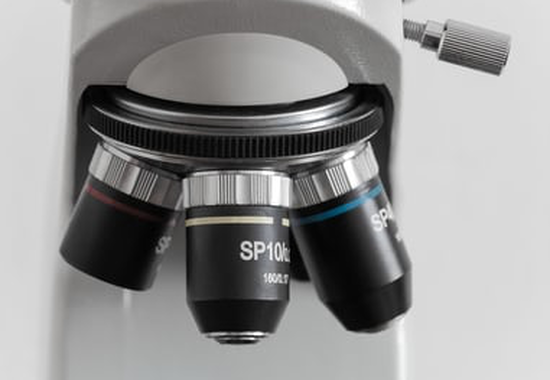
3D Microscopy Project
We are developing the fluorescent microscope which allows us to reveal the neural structure three-dimensionally.
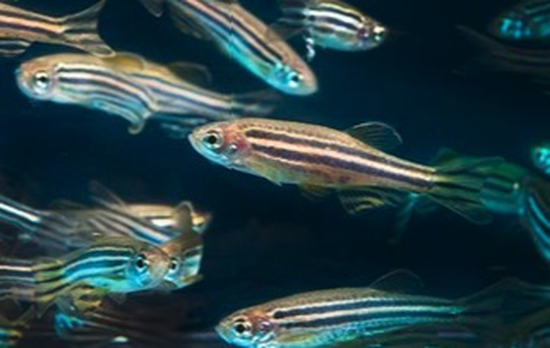
Medicinal Herbs Project
Pharmacological effect of medicinal herbs in Malawi is examined using zebrafish as a model.
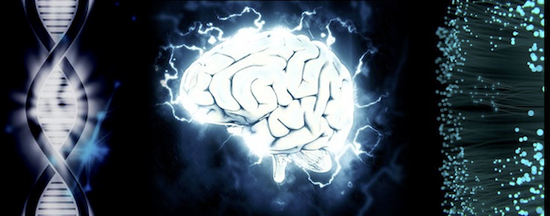
Manupulation of the neural circuit
Genetics allows the activation and inhibition of the specific cell types and pathway to disentangle the pathophysiology underlying psychiatric and neurological disorders.

Animal models for disorders in the brain
Animal models for the human disease is dispensable for molecular and cellular analysis for development of the novel diagnostics and therapeutics.
Recent Publications
Recent Posts
Journal Club
Contact
- haizawa[at]hiroshima-u.ac.jp
- +81 82 257 5115 (Overseas) / 082-257-5115 (JP)
- 1-2-3 Kasumi, Minami-ku, Hiroshima 7348553
- Enter Basic and Sociomedical Medicine Building and take the elevator to Office 312 on Floor 3 (Google map) (Campus map)
- Monday to Friday 10:00 to 13:00
- Neurobioology on Google Scholar
